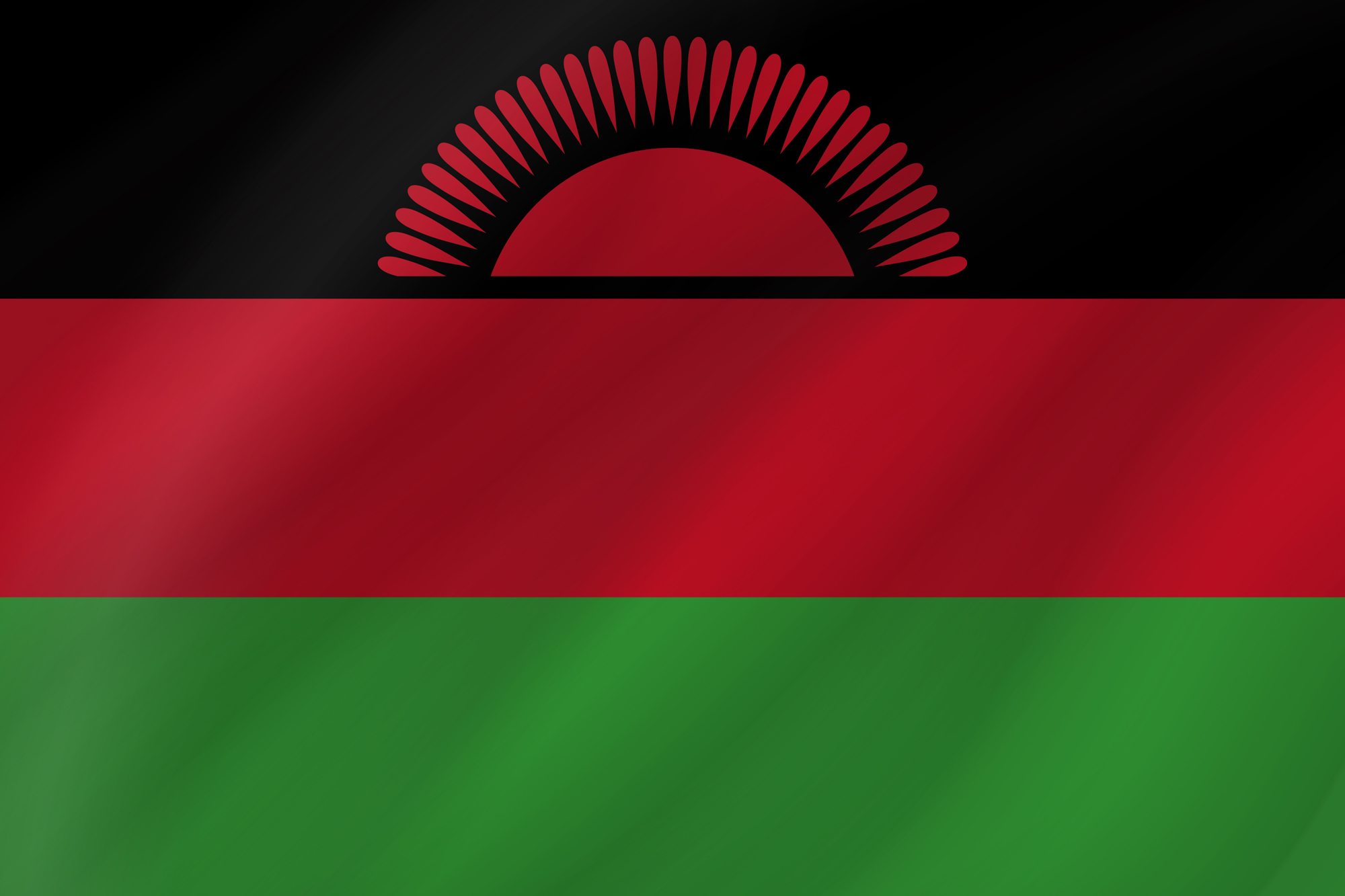
Background
Detention of children is prohibited under the Malawi Child Care Protection and Justice of 2010. Detention is only allowed in exceptional circumstances. Where a detention order is made against a child before liability against the child is made, it is the requirement of the law that such detention should be in a safety home. Section 2 of the Child Care Protection and Justice Act defines a safety home as “means an appropriate place where a child in need of care and protection can be kept temporarily and includes a safety home or a foster home.” In practice however, children not yet found liable of offences are detained in police custody and some for prolonged period of time. This practice has subjected children to environment which does not take into account their vulnerable and is harmful to their physical and mental development. On 5 June 2018, the High Court in the case of R v Children in Detention at Bvumbwe and Kachere, Review Case No. 21 of 2017, ordered the release of all children in prison. The court held that children should only be detained in exceptional circumstances before a finding of responsibility is made against them and that where a detention order is made, the child should be detained in a safety home.
In the High Court
Eight children were arrested and detained at Limbe Police Station in Blantyre Malawi. The Children were answering various charges before the Child Justice Court and were further remanded in police custody. The children filed application for criminal review, challenging the legality of their detention in police custody.
The children argued that orders of the lower court remanding the children into police custody are unlawful as they do not comply with section 96 of the Child Care, Protection and Justice Act; do not take into account the bests interests of the children as it exposes them to an environment that interferes with their education and is hazardous to their health, physical, mental and social development, which is contrary to sections 23(1) of the Constitution of the Republic of Malawi, section 88 of the Child Care Protection and Justice Act and article 3 of the Convention on the Rights of the Child. They also argued that the orders of detention violate their right to fair trial by detaining them under conditions in which they are not provided adequate nutrition, does not take into account their vulnerability and is not desirable at their age for promotion of their reintegration into society which is contrary to sections 42(1)(b) and 42(2)(g)(v) and (vi) of the Constitution of the Republic of Malawi.
On 10 June 2021 the High Court, Principal Registry, before Justice Chirwa, heard the case and the State in its submissions before the Court agreed with the applicants that their detention in police custody is unlawful. The State made submission before the High Court that, the Ministry of Gender should be compelled by the Court to quickly designate safety homes because the country does not have any safety homes despite the same being provided under the law.
On 30 July 2021, the High Court delivered its judgment, declaring the lower Court’s detention of children in police custody unlawful.
Chikondi Chijozi and Ruth Kaima and supported by SALC and the Centre for Human Rights Education, Advice and Assistance (CHREAA) represented the applicants.
News release: Malawi High Court declared detention of children in police custody unlawful.
Case in the News
4 August 2021 – Chikondi Chijozi had an interview with Channel Africa.



